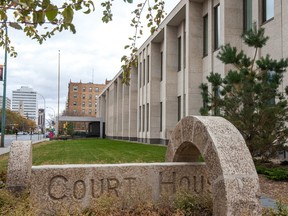Unveiling the Code of Conduct: A Comprehensive Guide to Legal Ethics
Legal ethics are a fundamental aspect of the legal profession, guiding lawyers on how to conduct themselves ethically and professionally in their practice. Understanding the code of conduct is essential for all legal professionals to ensure they uphold the highest standards of integrity and trustworthiness.
The Importance of Legal Ethics
Legal ethics serve as the moral compass for lawyers, guiding them on how to navigate complex legal issues while maintaining their integrity. By adhering to the code of conduct, lawyers can build trust with their clients, colleagues, and the public, ultimately enhancing their reputation and credibility in the legal field.
Key Principles of Legal Ethics
There are several key principles that form the foundation of legal ethics, including confidentiality, competence, diligence, and loyalty. Lawyers are expected to maintain client confidentiality, provide competent legal representation, act diligently on behalf of their clients, and remain loyal to their clients’ best interests.
Common Ethical Issues in the Legal Profession
Despite the clear guidelines set forth in the code of conduct, legal professionals may still encounter ethical dilemmas in their practice. Common ethical issues include conflicts of interest, attorney-client privilege, billing practices, and advertising regulations. It is important for lawyers to navigate these issues with care and professionalism to maintain their ethical standards.
FAQs about Legal Ethics
What is the purpose of legal ethics?
The purpose of legal ethics is to ensure that lawyers uphold the highest standards of professionalism and integrity in their practice, ultimately serving the best interests of their clients and the legal system as a whole.
How are legal ethics enforced?
Legal ethics are enforced through disciplinary mechanisms established by bar associations and regulatory bodies. Lawyers who violate the code of conduct may face sanctions ranging from reprimands to license suspension or revocation.
What should I do if I encounter an ethical dilemma in my practice?
If you encounter an ethical dilemma in your practice, it is essential to consult the code of conduct, seek guidance from experienced colleagues or ethics advisors, and consider the potential consequences of your actions before making a decision.
Where can I find more information about legal ethics?
For more information about legal ethics, you can visit the American Bar Association’s website or consult your state bar association’s guidelines on professional conduct.
For further reading on legal ethics, you may find this link helpful.




